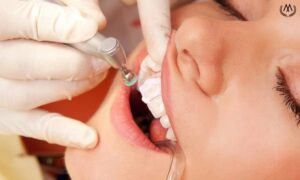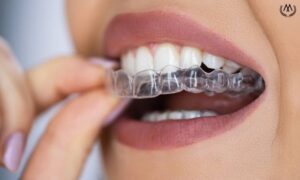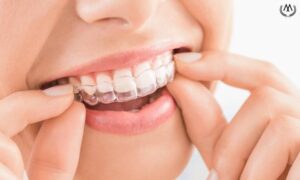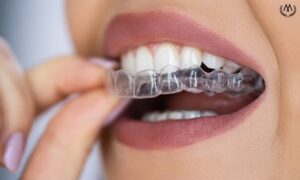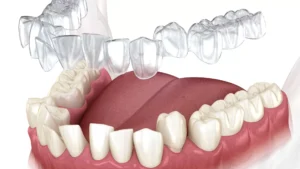Dental plaque, a soft, sticky film of bacteria that forms on teeth, can lead to gum disease, cavities, and other oral health issues if not removed regularly. Proper cleaning of dental plaque is essential for maintaining good oral hygiene. Here are the essential steps for effectively cleaning dental plaque and keeping your oral health in check:
1. Brushing Your Teeth
Frequency and Technique:
- Brush your teeth at least twice a day, preferably in the morning and before bed.
- Use a fluoride toothpaste to help remove plaque and protect against cavities.
- Brush all surfaces of your teeth—front, back, and chewing surfaces—using a soft-bristled toothbrush.
- Spend at least two minutes brushing, making sure to clean the gumline and hard-to-reach areas.
2. Using Dental Floss
Importance of Flossing:
- Dental floss helps remove plaque and food particles from between your teeth and under the gumline where a toothbrush can’t reach.
- Floss daily, using a clean section of floss for each tooth.
- Gently slide the floss between your teeth and curve it around the base of each tooth, making sure to clean below the gumline.
3. Using Mouthwash
Benefits and Usage:
- Mouthwash can help reduce plaque, fight bacteria, and freshen your breath.
- Use an antimicrobial mouthwash to help kill bacteria that contribute to plaque formation.
- Rinse with mouthwash according to the product instructions, typically after brushing and flossing.
4. Regular Professional Cleanings
Importance of Dental Visits:
- Regular dental check-ups and cleanings are essential for maintaining oral health.
- Dentists and dental hygienists can remove plaque and tartar buildup that regular brushing and flossing might miss.
- Schedule professional cleanings at least every six months.
5. Maintaining a Healthy Diet
Dietary Tips:
- Reduce your intake of sugary and sticky foods that contribute to plaque formation.
- Eat a balanced diet rich in fruits, vegetables, and whole grains.
- Drink plenty of water to help wash away food particles and bacteria.
6. Avoiding Tobacco Products
Impact on Oral Health:
- Tobacco use can increase plaque and tartar buildup and contribute to gum disease.
- Avoid smoking and other tobacco products to maintain healthy gums and teeth.
7. Using Antibacterial Products
Additional Tools:
- Consider using antibacterial toothpaste or mouth rinse to help control plaque and prevent gum disease.
- Consult your dentist for recommendations on specific products that may benefit your oral health.
Conclusion
Proper dental plaque removal is crucial for maintaining good oral health and preventing gum disease and cavities. By following these steps—brushing, flossing, using mouthwash, and visiting your dentist regularly—you can effectively manage plaque and keep your smile healthy. For personalized advice and to address any specific concerns, contact your dentist or dental hygienist.


